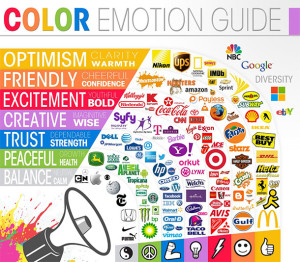The research approach refers to the plans and procedures need to be incorporated in a study. These plans are explained step by step from the broad assumptions to the detailed methods. The research approach decides the method to be followed while collecting, analysing, and interpreting data. The basic idea behind determining the research approach is to opt an approach which will be used to study the topic. The decision of the research approach is based on numerous elements that are being talked about in the study.
There are three approaches associated with the research approach. Such as:
- Qualitative
- Quantitative
- Mixed
These three approaches are not as discrete as they appear. In fact, they are dependent on each other by some or the other way. Qualitative and Quantitative can be viewed as flexible, indistinct categories, and similar. Likewise, the mixed method incorporates the elements of both qualitative and quantitative approaches.
The distinction between Qualitative and Quantitative research can be made on the basis of words (qualitative) rather than numbers (quantitative) or using closed-ended questions (quantitative) rather than open-ended questions (qualitative). Read below for further information related to the three research approaches:
- Qualitative research deals with the behaviour of the individual or group ascribing to the social or human problems. The final written report in this kind of research has a flexible structure. Scholars who indulge in this kind of research focuses on individual meaning, and the importance of rendering the complexity of a situation.
- Quantitative research deals with the variables and their relationship with each other. The measurements in this research are done using the instruments, and then the numbered data is analysed using statistical procedures. The final written report is inflexible.
- Mixed method is an approach that involves both qualitative and quantitative data using distinct designs that may involve philosophical assumptions and theoretical frameworks. This type of research provides a complete understanding of the research problem.
Criteria for selecting a research approach
Till now, you must have some clear thoughts regarding the three methods in the research approach. Now, you will see what are the factors that affect the choice of the research approach.
- The Research Problem: A research problem is the issues and difficulties that need to be addressed. It is detected from the void or conflict in the literature or any topic that has been neglected in the existing works of literature. Certain types of research problems call for specific approaches. For example, If the problem calls for (a) recognition of factors that influence an outcome, (b) understanding of the best predictors of outcomes, then the use of quantitative approach will be best. The qualitative approach is used when the researcher doesn’t know the important variable to examine. Mixed method is used when both qualitative and quantitative approaches are incapable of giving the best outcomes.
- Personal Experiences: Researcher’s personal experience also affects the decision of research approach. A researcher with a small handful knowledge of quantitative approach will prefer using that. On the contrary, a researcher who enjoys writing in a literary way or conducting personal interviews will end up using the qualitative approach in their study. A researcher who is familiar with both types of research approaches will use a mixed approach. In this type of research study will take some extra time as the researcher will be collecting both qualitative and quantitative data. It suits a researcher who enjoys both the structure of quantitative research and the flexibility of quantitative research.
- Audience: Finally, the researcher should think about the audience intent. The audience could be a journal editor, readers, faculty committees, anybody. The experiences of these audiences with qualitative, quantitative, or mixed methods can shape the decision of the research approach.
Choosing an appropriate research approach is a vital decision to make. It is like picking a corresponding key for opening a lock. The results of your study would be valid only when you will select an appropriate research approach. The points mentioned above influence decision for research approach. First, the researcher needs to check the audience, research problem, and the preference then they should decide about the approach. The ultimate objective is to find the truth with diverse research approaches. If the quantitative approach has a scientific orientation, then the qualitative approach is an art, you should think before deciding on the research approach.

